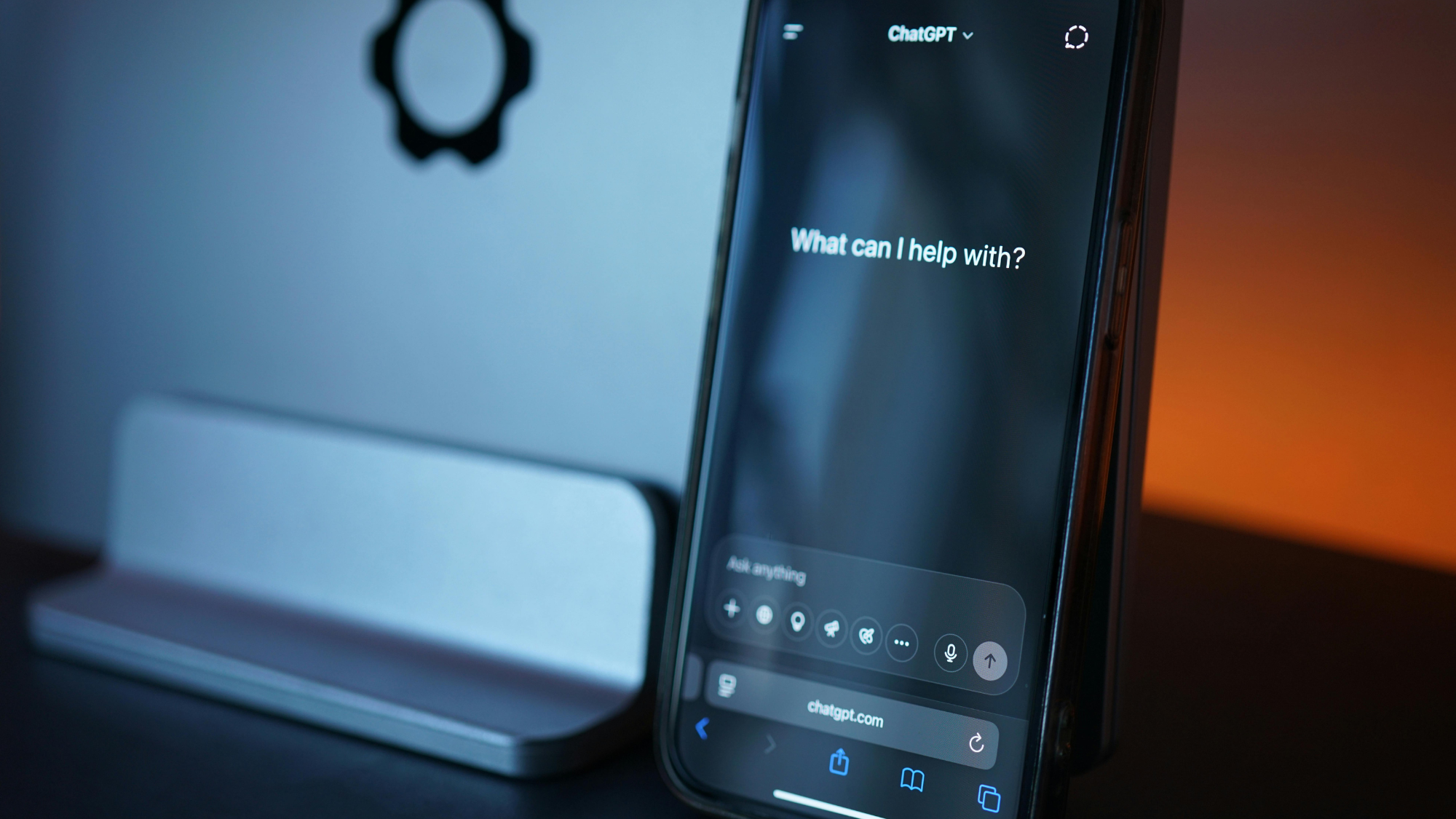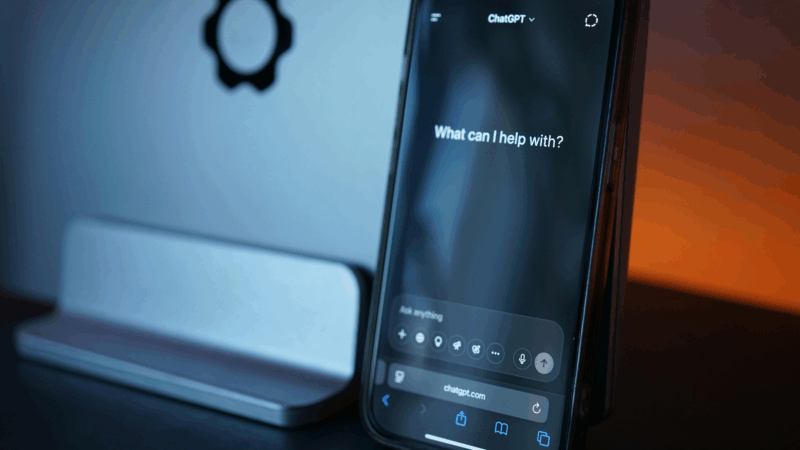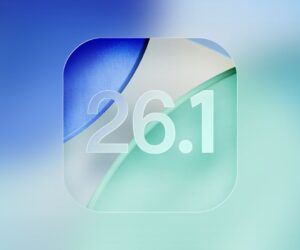
If you’ve ever asked ChatGPT to explain a medical symptom, draft a contract, or suggest what to invest in, there’s something you should know: those days are gone.
OpenAI, the company behind ChatGPT, has rolled out new rules that now stop the AI from giving specific legal, health, or financial advice. The change, which took effect on 29 October 2025, means ChatGPT can now only explain general concepts, not offer detailed or personalised answers.
This update affects millions of users worldwide, including Nigerians who use the chatbot daily for schoolwork, business, and personal guidance. So, what exactly changed, and how does it affect you?
What Has Changed?
As reported by NEXTA, the bot is now officially an ‘educational tool’, not a ‘consultant.’
Before now, ChatGPT could give responses that sounded like professional advice. For instance, if you asked, “Should I invest in this stock?” or “What dosage should I take for this drug?”, the chatbot might have offered a direct answer.
ChatGPT will no longer give medical, legal or financial advice: rule change took effect on October 29
As of October 29, ChatGPT stopped providing specific guidance on treatment, legal issues and money. The bot is now officially an “educational tool,” not a consultant — and the… pic.twitter.com/92HciUvlpV— NEXTA (@nexta_tv) November 1, 2025
With this new update, that stops completely. ChatGPT can still explain what a stock investment means, or how a drug works in general terms, but it will no longer say what you personally should do.
The new policy bars ChatGPT from giving:
-
Legal advice, such as how to write a lawsuit or sign a contract.
-
Health advice, including drug dosages or treatment recommendations.
-
Financial advice, like which shares to buy or what investment is “safe.”
Instead, ChatGPT will now respond with educational or informational content, encouraging users to seek professional help for specific situations.
Why OpenAI Made This Change
This shift didn’t come out of nowhere. Over time, people began to treat ChatGPT like a personal doctor, lawyer, or financial planner. The problem is, the chatbot isn’t one.
Like every AI model, ChatGPT can make mistakes or hallucinate, a term used when AI generates information that sounds believable but is completely wrong. And when it comes to topics like health, money, or legal matters, those errors can be risky.
For example, an incorrect dosage suggestion or misleading tax advice could cause real harm. To prevent this, OpenAI introduced stricter guardrails to limit what ChatGPT can say.
The company explained that the new policy protects users and reduces liability risks, especially as governments around the world start tightening AI regulations.
In simple terms, it’s about safety; both for the users and for OpenAI itself.
Why It Matters to Nigerians
Many Nigerians depend on ChatGPT for more than casual chats. Students use it for research, entrepreneurs rely on it for writing business proposals, and regular users turn to it for explanations about health, loans, or contracts.
Now, when you ask ChatGPT questions like:
-
“Can I sue my landlord for this?”
-
“How much insulin should I take?”
-
“Which savings app gives the highest return?”
You’ll likely get a neutral or educational response instead of direct guidance.
That means the AI won’t tell you what to do, it’ll only help you understand how things work.
For users, this means adjusting expectations. ChatGPT is still helpful, but it’s no longer the tool for getting direct answers to legal, medical, or financial questions.
How This Could Actually Help
At first, these new limits might sound frustrating. But in reality, they could be beneficial.
By cutting off direct advice, ChatGPT reduces the spread of misinformation and helps users develop a healthier relationship with AI. It encourages people to confirm facts, double-check details, and consult qualified experts before acting.
Think of ChatGPT as your digital assistant for learning, not a licensed professional. It can help you understand the meaning of an investment plan or the basics of Nigerian tenancy law, but it can’t replace an adviser, lawyer, or doctor.
This change also signals a wider trend in the tech world. AI companies are moving towards safer and more transparent models, especially in areas that affect human health and finances.
RELATED: Is AI Dangerous? The Hidden Dangers of AI You Didn’t Think About
It’s a reminder that while artificial intelligence can simplify our lives, human expertise still matters. ChatGPT can guide you to knowledge, but it’s up to you to use that knowledge wisely.








